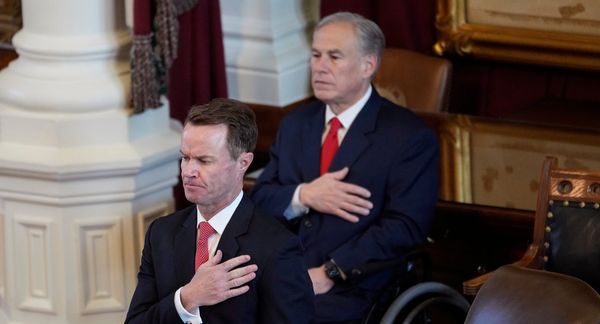There are 60 million arthritis patients in the country, but the disease is yet to be considered a major non-communicable disease (NCD) when health policies are initiated by the authorities, experts have said.
This was highlighted during a discussion at the Global Ayurveda Festival here on the challenges posed by diseases that are not spread by human-to-human contact but pose major health problems like diabetes, blood pressure and heart ailments.
Dr Arvind Chopra, distinguished Scientist Chair, AYUSH for public health and epidemiology, said a national survey on musculoskeletal pain had shown that those affected by arthritis were 0.32%.
“But that number when multiplied by the Indian population figures shows there are 60 million people affected by it. Moreover, many people affected by the problem do not seek medical help until it aggravates to a serious level,” he said.
Diseases like arthritis and diabetes could be controlled effectively if Ayurveda treatments were given in combination with other treatments, the experts said at the five-day conclave, which began on Saturday.
Two other experts, Prof Anup Thakar, Director of the Institute for Postgraduate Teaching and Research in Ayurveda, Gujarat, and Mr Valdis Pirags, Professor of Medicine, University of Latvia, presented evidence from different studies to show that the use of Ayurveda in combination with yoga can effectively control and even reverse diabetic conditions in people.
Prof Thakar said a global study done in 2021 found that 532 million people were suffering from diabetes and the number was projected to hit 783 million by 2045. “What is more scary is that 266 million people identified as diabetics in the survey didn’t know they had a health problem,” he said.
Prof Pirags, who had translated some works on Ayurveda into Latvian language, presented a detailed study to show how the hypothalamus area of the brain that controls endocrine systems affects diabetics, and presented evidence about the benefits that Ayurveda treatment brings to such patients. He said combining the ancient wisdom of Ayurveda and modern methods of western medicine was the way forward for modern science.
Prof. S. Gopakumar, Government Ayurveda College, Kannur, showcased individual case studies from his experience to show how Ayurveda provided effective treatment even in aggravated diabetic and respiratory cases.
He also said the recent spike in air pollution levels in New Delhi emphasised the need to improve immunity at the community level rather than approaching it at an individual level.
Ayurveda as a system, which focuses on providing better health for the individual rather than treatment of disease alone, was ideally suited to modern-day ailments that stemmed from lifestyle changes, the experts said.







